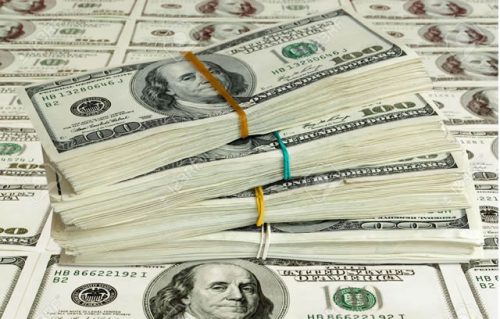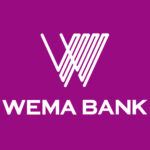
No less than 59.1 per cent of capital importation into the country in 2023, amounting to $2.31bn, was foreign loans, according to the latest capital importation report released by the National Bureau of Statistics.
According to the report, foreign capital inflow rose from $654.65m in Q3 2023 to $1.09bn in the final quarter of the year.
Although Nigeria recorded a total foreign investment of $3.91bn in 2023, a breakdown showed that the country got $433.87m in Q1; $771.53m in Q2; $507.71m in Q3 and $594.75m in Q4 as foreign loans and the same amount borrowed in 2022.
Further analysis indicated that the value of foreign loans received by the country in Q3 2023 was 18 per cent lower compared to the $619.16m recorded in the same quarter of the previous year. Moreover, there was a 34.19 per cent decline relative to the $771.53m secured in Q2 2023. This decrease was attributed to the current government’s preference for domestic borrowing.
The report further stated that the country got $627.4m from other equity; $474.1m from bonds; $428.9m from money market instruments; $65.9m from other claims, $1.91m through currency deposits and $51,000 from other capitals.
Comparatively, the Q4 2023 figure slightly surpassed the $1.06bn raked in the same period in 2022, presenting a modest year-on-year improvement of 2.62 per cent.
In a detailed breakdown of Nigeria’s capital importation for Q4 2023, “Other Investment” emerged as the dominant category, capturing the lion’s share of 54.64 per cent or $594.74 million of the total capital inflows.
That was closely followed by portfolio investment, which accounted for 28.46 per cent or $309.76m, while foreign direct investment contributed 16.90 per cent or $183.97m to the mix.
Sector-wise, the production/manufacturing sector led the pack with $450.11m, making up 41.35 per cent of the quarter’s total capital inflow.
The banking sector followed suit, securing $283.30 million, or 26.03 per cent of the investments, with the financing sector also making a notable entry at $135.59 million, representing 12.46 per cent of the total capital imported into Nigeria during the period under review.
During the observed period, the majority of Nigeria’s capital importation was driven by investments originating from the United Kingdom, taking the lead with a contribution of $267.24m, making up 24.55 per cent of the total inflows.
Mauritius closely followed suit, directing $226.18m into Nigeria’s economy and accounting for 20.78 per cent of the overall capital importation.
The Netherlands also played a significant role, contributing investments totalling $149.93m, thereby holding a 13.77 per cent share of the total capital imported into the country in Q4 2023.
Last Friday, the Federal Government announced that it secured investment commitments worth $30bn from foreign investors since it assumed office eight months ago.
The Minister of Industry, Trade and Investment, Doris Anite, disclosed this at a ministerial press briefing organised by the Ministry of Information and National Orientation to inform the public about ongoing economic policies and reforms by the current administration.
She said the investments were made after President Bola Tinubu visited India and other investors in the oil and gas sector.
Anite noted that fuel subsidy removal and foreign exchange unification had attracted investments, accelerating economic growth, job creation, and access to capital.





